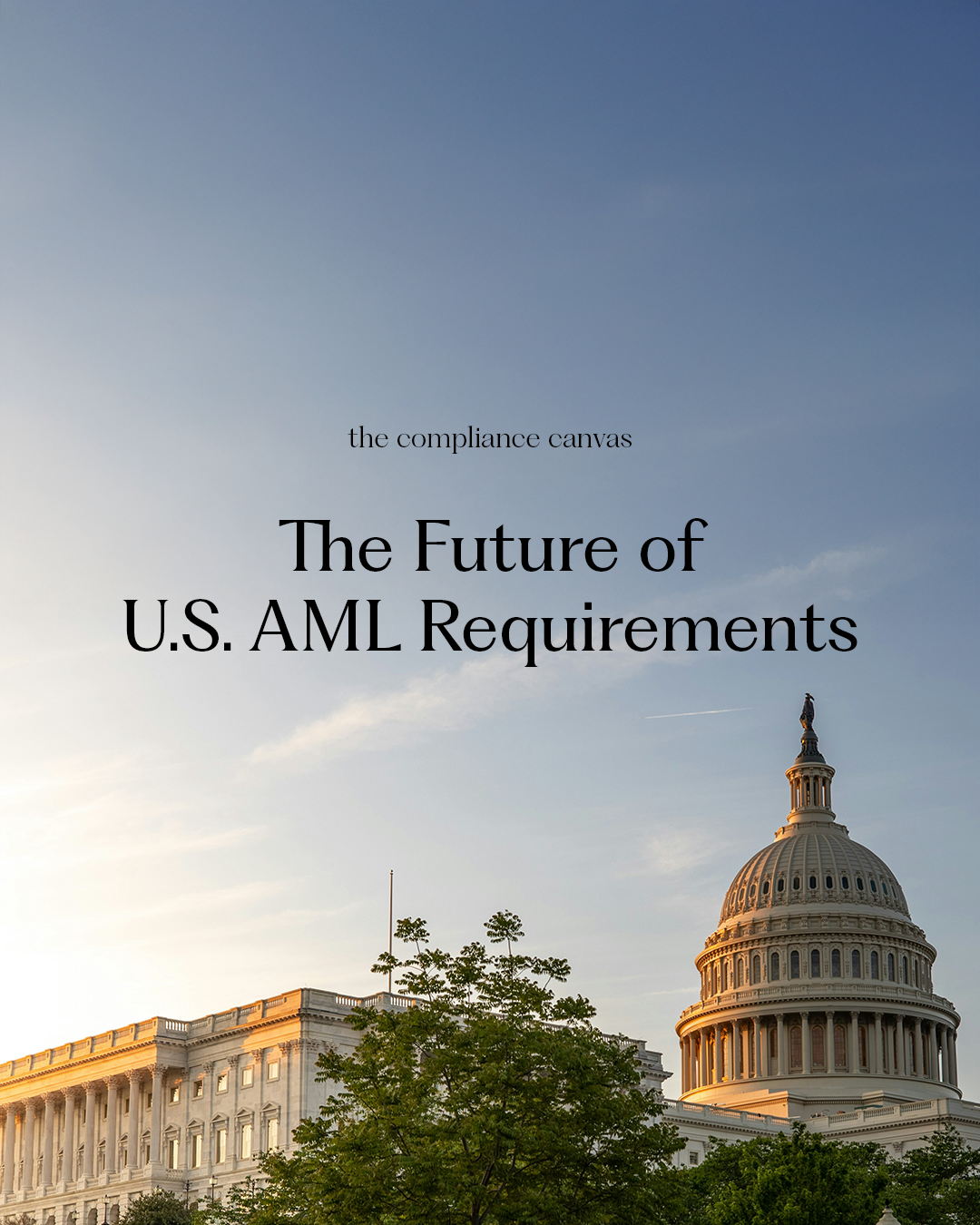Understanding U.S. AML Requirements for Art Dealers
This month we look forward to the evolving regulatory landscape in the worlds largest art market.

This month we look forward to the evolving regulatory landscape in the worlds largest art market.
Why does it matter?
If you sell or consign art to U.S. buyers, galleries, or auction houses, you’re already part of the U.S. market and that means U.S. anti-money-laundering (AML) laws could touch your business. The U.S. has already expanded its Bank Secrecy Act (BSA) to cover antiquities dealers, and a recently proposed bill — the Art Market Integrity Act (AMIA) — could extend similar rules across the wider art market.
What do I need to know?
Current coverage (Antiquities):
Dealers (or anyone involved in the trade of) antiquities are currently covered under the Bank Secrecy Act via the Anti-Money Laundering Act of 2020, meaning U.S. AML regulators (e.g., Financial Crimes Enforcement Network / FinCEN) have authority to regulate them
Key obligations will feel familiar to anyone working with the UK system, with requirements including recordkeeping, reporting cash transactions over USD 10,000, filing suspicious activity reports (SARs), and performing customer due diligence (KYC).
Proposed extension (Art Market Integrity Act/AMIA):
The proposed AMIA would extend requirements to include dealers, galleries, auction houses, advisors, museums, and collectors dealing in works of art- artists selling only their own work would be exempt.
Early discussion suggests thresholds of a single sale above USD 10,000 or total sales above USD 50,000 in a year. Compliance obligations would mirror the BSA: recordkeeping, KYC, transaction monitoring, and reporting.
UK dealers selling into or through the U.S. market may be expected to follow these AML practices, even if they are not physically located in the U.S.
What this actually means in practice:
For UK-based dealers, it’s important to:
Arcarta is a Due Diligence platform for the art market and is used by over 400 Art businesses internationally.
To learn more or get in touch please use the Contact page.